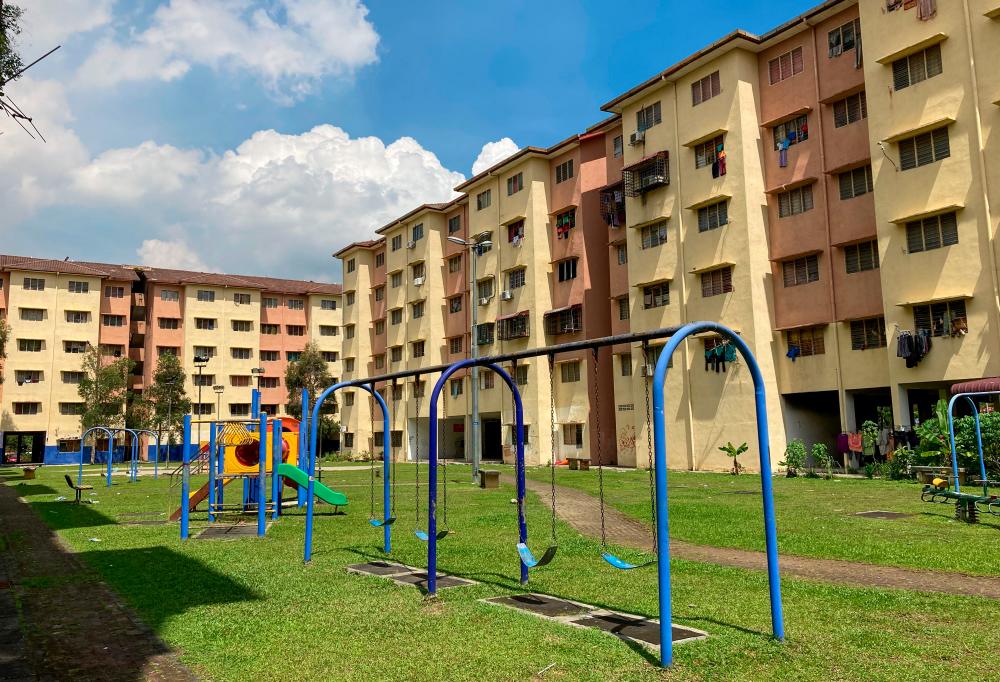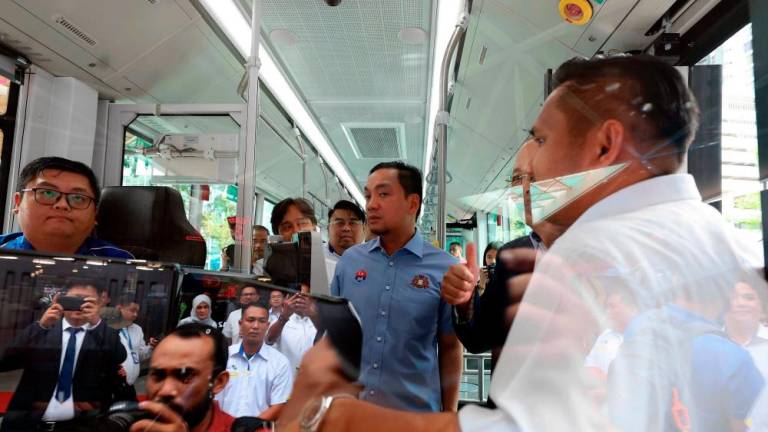PETALING JAYA: The government must encourage developers to build more affordable properties, said National House Buyers Association secretary-general Datuk Chang Kim Loong.
Based on a report by the National Property Information Centre, the number of unsold properties last year stood at 36,683 units, with a total value of RM22.79 billion.
This represents an increase of 24.1% over the 29,565 units unsold from the previous year.
Chang cited affordability and location as the main reasons for the overhang.
“Developers need to build the right number of properties at the right location and at the right price.
“For example, the high number of unsold properties valued at below RM300,000 is probably due to such properties being at locations which are not strategic and the overhang of properties valued at between RM300,000 and RM500,000 could be due to both affordability and location issues.”
Without reducing the quality, Chang suggested that the government lend a hand to property developers to build more affordable houses by reducing the cost of construction.
This can be achieved by reducing the compliance cost for developers by passing the costs of building the last mile of public utilities back to the respective utility companies, said Chang.
“Developers can assist house buyers to own properties by giving steep discounts to attract more buyers or offer these unsold properties on rent-to-own (RTO) schemes.
“The government should encourage a larger RTO scheme targeting both low- and middle-income groups,” he said.
Yayasan My First Home executive director Felix Miller said the foundation is looking at innovative financing solutions to overcome affordability issues.
He added that his engagement with low-income earners indicates that everyone who does not own a house desires one.
However, about 70% of the loan applications from those in the lower-income group are rejected due to low credit scores as they are burdened with high debts ranging from car loans to study loans and other personal loans.
“If we do not resolve this issue, the low-income earners will remain in the rental category for long periods,” he said.
One of the burdens that the lower-income group faces is that they cannot find an affordable unit close to their workplace and they are forced to find homes further away.
“This leads to more idle travel time to and from work, which is a loss of productivity to the nation.
“If they spend about RM300 a month on travel expenses, and three persons in the same household are working, the total monthly travel expenses can go towards paying an RM900 mortgage for their own home,” he said.
Pointing out that Yayasan My First Home was primarily set up to increase home ownership, Felix said the foundation has been working to improve credit scores of prospective house buyers, provide financial training and financial assistance to defray or rework on some debts affecting the lower-income group.
“We try to do our part to help increase home ownership and the government can assist us by providing land, subsidies, shared equity or monthly vouchers. All these will have a direct impact on the lower-income group in reducing monthly mortgages if they are executed properly.
“There are many successfully implemented models and solutions available in different parts of the world. We need to review them and see what fits here,” he said.














